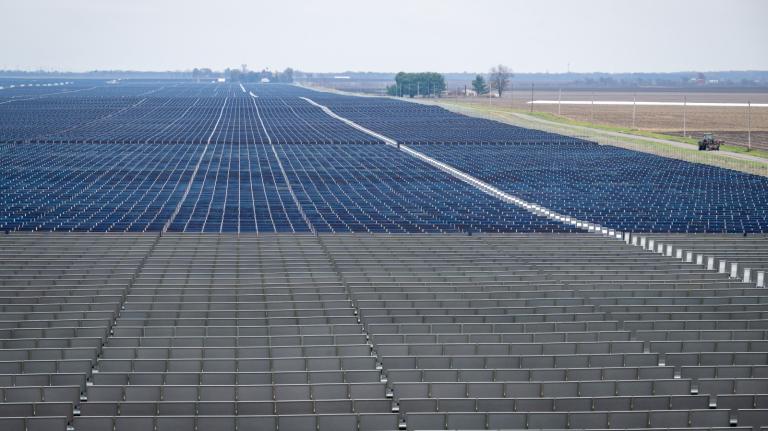The number of companies planning plug-in hybrids is growing steadily. Some recent announcements can be found here. Calcars maintains an excellent update on “How carmakers are responding to the plug-in hybrid opportunity.”
As for Honda, last year, The Wall Street Journal reported:
Honda Motor Co. Chief Executive Takeo Fukui said so-called plug-in hybrid gasoline-electric vehicles [PHEVs] offered too few environmental benefits for his company to pursue, and noted that an advanced hybrid vehicle called the Chevrolet Volt that General Motors Corp. is aiming to launch in a few years made little sense.
But while pretty much every other major automaker in the world has realized the need to start developing a plug-in, Bloomberg reported last week, “Honda, citing battery limits, avoids rush to plug-ins.”
Yes, the batteries still need improvement, but that is hardly a reason not to aggressively pursue what is certain to be the car of the future. What is particularly ludicrous about Honda’s position is that they remain enthusiastic about hydrogen cars — indeed, they are probably the only major automakers still drinking the hydrogen-flavored Kool-Aid — even though the technological hurdles are infinitely greater. Bloomberg reports:
While Honda may offer a plug-in at some point, for now it will continue refining the fuel-cell system in its new hydrogen- powered FCX Clarity sedan, [Masaaki] Kato [president of Honda’s research unit] said. Based on advances the company has made with the vehicle, including improving range to 280 miles, “we believe it’s easier than battery innovation,” Kato said.
Wow. If that’s really what the head of Honda’s research unit believes, one should fear for the future of the company.
Such a choice isn’t unusual for Honda, said Michael Omotoso, powertrain analyst for market-research firm J.D. Power & Associates in Troy, Michigan.
“This fits in with their reputation for conservative product decisions,” Omotoso said. “They opted not to offer V-8 engines and stayed out of big trucks, and they’re doing well this year because they focused more on small cars.”
I see. It’s risky to pursue plug-in hybrids — which major car makers are planning to introduce commercially in two years — but it’s conservative to pursue cars that can’t be fueled anywhere, that “cost several hundred thousand dollars each to produce,” and that don’t even have lower greenhouse-gas emissions than a Toyota Prius (see here). Well, analyzed “powertrain analyst for market-research firm J.D. Power.”
Honda notwithstanding, it looks like consumers are going to have a lot of choices for electric vehicles and plug-ins over the next several years.
This post was created for ClimateProgress.org, a project of the Center for American Progress Action Fund.

